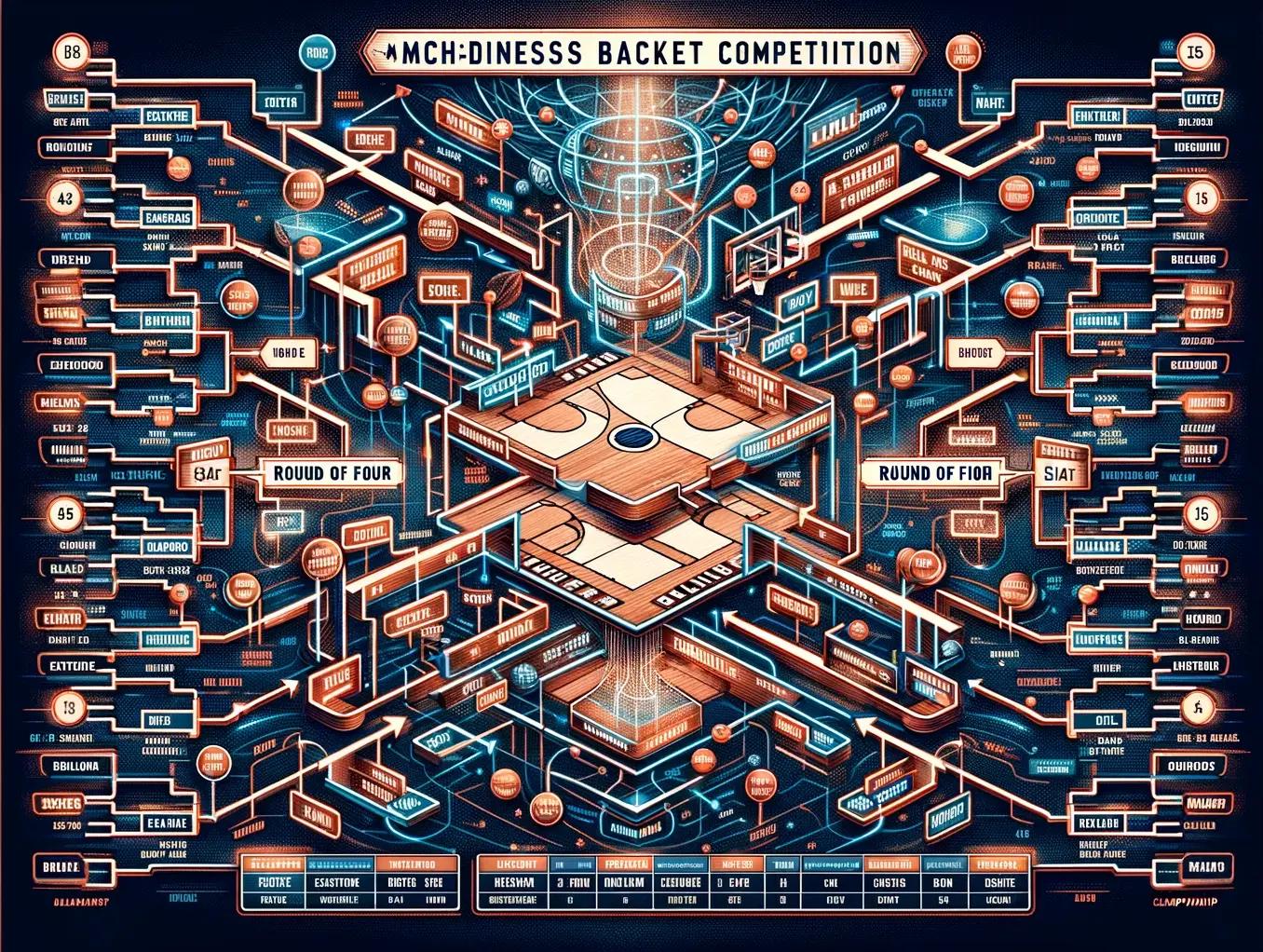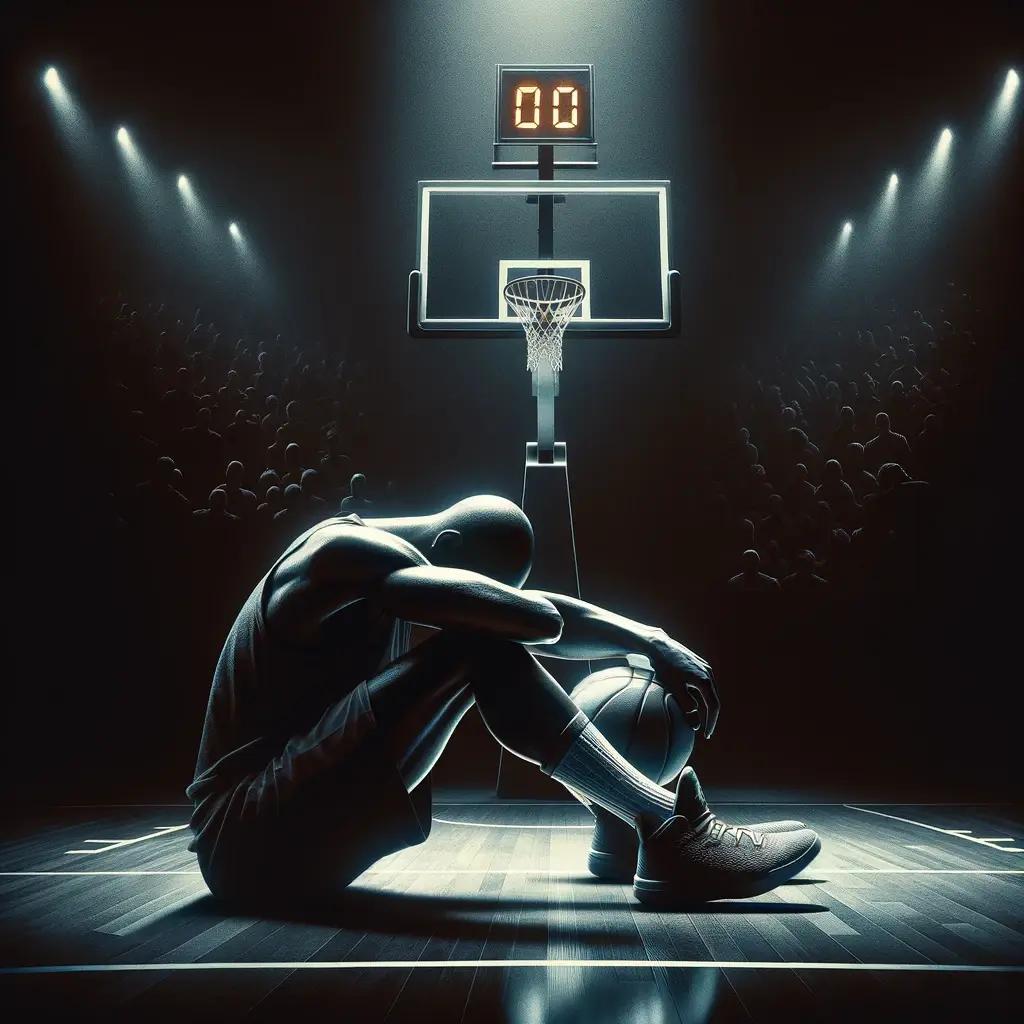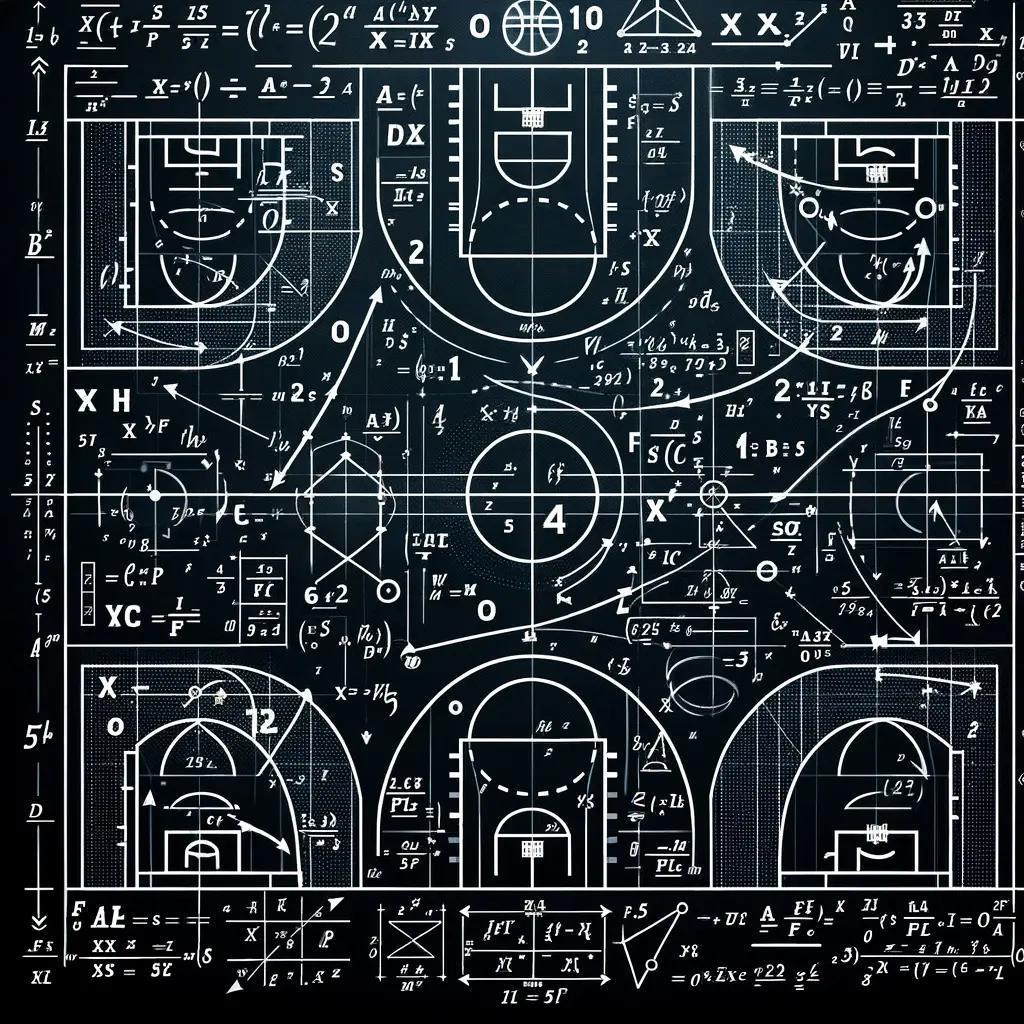Why Bracketwise?

We created Bracketwise to clarify the madness in March Madness. If you’ve ended up here, you probably know a thing or two about assembling your picks and tracking the competition in the pool, while still trying to enjoy the actual games.
Bracketwise shows you what’s really going on in your pool, so you can focus more on the games -- especially the games that really matter to you and your bracket.
To get started, you will need:
- A Google account for social login -OR- any other email address for magic link login
- Chrome browser, with the Bracketwise Chrome Extension installed
- Access to your bracket pool CBS Sports, -OR- ESPN
Once you’re ready:
- Click on the Bracketwise Chrome extension and sign in.
- Visit your CBS Sports bracket page or your ESPN bracket page. This will trigger an automatic import of the bracket pool data into the Bracketwise app.
- Your pool will show up in the list of pools in your Bracketwise dashboard, along with the demo pool that we include for everyone to explore. Click through your pool and start poking around. But first, read the following notes…
Bracketwise, explained
The fact is this: you don’t actually know what’s going on in your March Madness bracket pools.
Most people look at their bracket pool and think they’re still a contender, until their max possible score is lower than another player’s current score. That simple comparison is valid, but the truth is more nuanced: they were probably eliminated much earlier, and someone else cemented the victory much sooner as well. Statistically speaking, a significant number of players’ brackets are eliminated by the end of the first round (especially in larger pools).
How does this happen, and why do people misunderstand the dynamic? Consider the gas tank analogy. On a road trip, you know you won’t make it to your destination if you still have 100 miles to go, but your needle is on Empty – tough luck. However, with modern technology and automated mileage calculations, you can predict much earlier that you’ve got roughly 120 miles of range (based on gas in the tank and current fuel efficiency) and only a 100 to your destination, so you’re in the clear. But just one wrong turn or traffic jam, and you might need to stop for gas. Bracketwise offers you these same insights in your bracket pool.
These are the keys to understanding the dynamics of your bracket pool:
- If you’re in a pool with 15 other players, you are not running one giant race against everyone at the same time. You are actually engaged in 15 simultaneous head-to-head competitions. And if you lose even one of those H2H competitions, you’re eliminated from the entire competition.
- For each of these H2H competitions, you should primarily consider the picks that you don’t share with the other player. Those “unique” picks are the only way that you win points that your opponent cannot win.
Bracketwise gives you a sophisticated tool to understand who is really leading in your bracket pool.

Bracketwise walkthrough
Let’s use data from an example pool. The names have been changed to protect the identities of the innocent and the tragically embarrassed.
News feed
Okay, listen, we understand that not everyone wants to dig into the facts and figures. Sure there are hoops nerds out there that get exactly what's going on in Bracketwise. But for everyone else, we've created the news feed, where we show you the exact impact of every game outcome on your pool. You'll get a running tally of closeouts, must-win games, death matches, and all the other important events, on a game-by-game basis. Start here in the news feed, and then drill down to see exactly what's going on, via the links in each news feed item.Try it out!


Crystal Ball
This is our newest toy, so we’re not going to bury the lede. You really should continue on and read about the rest of the Bracketwise views, but the crystal ball is pretty darn cool.
The crystal ball allows you to examine the state of the bracket pool, based on hypothetical future game outcomes. Basically, you can use it to figure out how you can stay alive, or how you can stay ahead. There are those among us who could figure out how to use it to hedge their bets, if they suddenly realize they’re about to bust their bracket, based on a single game’ outcome (see must-win section below).
Note: Bracketwise has no opinion on sports gambling. But we’re also not naive, and we know that there’s decent money riding on most bracket pools. Our job is to arm you with knowledge. What you do with this knowledge is up to you.
Check out the crystal ball in action right here.
H2H Comparison
Each H2H is represented in a three column layout, where each player gets the outer columns for their own unique points, and the middle column represents the shared points. An example can be found here.
You can control which games are displayed in the H2H matchup view: resolved/unresolved, winnable/not, and pure head-to-head games where the players have opposing picks in that game instance. You will notice that the H2H list of games may be decorated with the must-win orange basketball. See below for more. There's also a sitting duck, when one player has no future points available, in this particular matchup.
Once you understand the H2H, we’re ready to explore following hypothetical question: for me versus every other player, what happens if I win all of my unique picks/points and my opponent loses all of their unique picks/points?


Closeout Matrix
The Closeout Matrix answers that question, for every player in the pool. Each player in the left column (Player A) is competing against each player in the header row (Player B). The cell at the intersection of two players represents the most optimistic outcome for Player A: Player A’s current points, plus all of Player A’s unique points, minus Player B’s current points (ignoring all of Player B’s unique points). Once that number goes negative, Player A literally can’t win; all possible future outcomes lead to Player B having more points than Player A from that point on. Player A is “closed out” – hence this is the Closeout Matrix. Any player with a negative “minimum closest closeout” in that third column is eliminated (and they are shown with a strike-through).
Grid View
The Closeout Matrix is summarized in the grid view. This view is very similar to the traditional bracket pool status summary, but it also includes the min closeout calculated value, showing who is still a contender. You can click any column header to sort the grid by that column’s values. Try sorting on “min outs” to see who has the largest lead on all other players.
The Grid View also displays our predicted winner, based strictly on how likely they are to get closed out by another player. Think of this as that player’s distance from other players in the pool. Yeah, it’s dark magic, but it’s surprisingly accurate.


Must win
It has come down to this. If your pick doesn’t prevail in this matchup, you’re out of the pool. This may happen in a very conventional way, where your pick in the next matchup is the only thing keeping you alive. But there are more interesting scenarios, where you can detect a future must-win game very early on. Check this one out here. Sure, it’s still early in the tournament, near the end of Round 1. But you can already see that P Valentine needs Houston to beat Gonzaga in the Final Four, or the bracket will be busted. Sure, plenty can (and will) change between now and then, but that’s already a guaranteed closeout. The orange highlight with the basketball indicates a must-win game. Look for them in any H2H view.
Time Travel
To help navigate the tournament (specifically the sample tournament), we created a “time travel” control. This allows us to fast forward and rewind through the 2023 tournament. Selecting a game from the time travel dropdown will show you the pool state at the close of that game. You can also elect to show/hide players who are closed out.
To be perfectly honest, this feature is best for playing around with the 2023 tournament. Or for figuring out how you could have won, after you’re busted.
